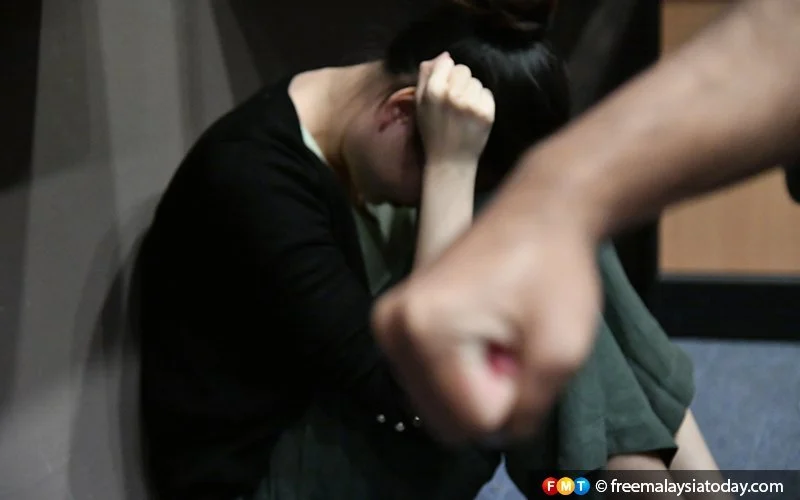
PETALING JAYA: A cultural shift among both men and women is needed to reduce the incidence of domestic violence nationwide, activists said against the backdrop of statistics reported by Selangor police recently.
“We look for reasons (to explain why) people are abusive but the root reason is because the person feels that he or she wields more power than someone being abused,” said Women’s Aid Organisation (WAO) advocacy director Abinaya Mohan.
First and foremost, Abinaya said, it was important for society to recognise domestic violence as a pattern of abuse, violence or intimidation used within the confines of a home to control or maintain power over another person.
Her comments came on the heels of a domestic violence seminar 2023 conducted by Selangor police in Shah Alam on Sept 13.
At the seminar, state police chief Hussein Omar Khan revealed that Selangor had reported the highest number of domestic violence cases in the country over the past three years.
“Police statistics show that there has been an increase in domestic violence cases in Selangor from 2017 to 2021 although there was a drop in 2022, with 466 cases,” he said.
Meanwhile, a survey conducted in 2021 by WAO on perceptions and attitudes towards violence against women in Malaysia found that more than 53% of respondents – both men and women – endorsed violence in their homes, agreeing that much of it was just a “normal reaction from everyday stress and frustration”.
Women’s Centre for Change (WCC) programme director Karen Lai said domestic violence was often intergenerational.
“Children who grow up in families where violence is used to resolve conflict tend to internalise and normalise such gender-based violence,” she said.
She also said teaching children and teens about respect and setting safe boundaries was fundamental for them to develop healthy relationships.
All Women’s Action Society (AWAM) senior programme manager Lilian Kok said a prevailing patriarchal culture in society has placed women as the main victims of domestic violence.
“At the end of the day, it’s also girls who subscribe. We subscribe to the cultural norms because if we do anything different, we will be ostracised by society,” said Kok.
To break the gender stereotypes present in society, Abinaya said those providing frontline assistance to victims of domestic abuse must receive sensitisation training aimed at changing the attitudes of individuals towards each gender.
Kok said it was also important for the community to discard its unwillingness to “meddle” in the affairs of other people.
She also said a reluctance to acknowledge domestic violence as a scourge on society was a huge obstacle because it compromised the effectiveness of anti-abuse campaigns by NGOs.
Abinaya suggested that an implicit acceptance by Malaysians of domestic violence stands in the way of its eradication.
“It may be that actually we are OK with violence in the home, we make reasons for it, we make excuses. It is very common to hear excuses: ‘this person was angry and that’s why he or she hit someone’.
“We have a huge task ahead of us because it’s not easy changing culture, which is why conversations and changing mindsets are important,” said Abinaya. - FMT



No comments:
Post a Comment
Note: Only a member of this blog may post a comment.